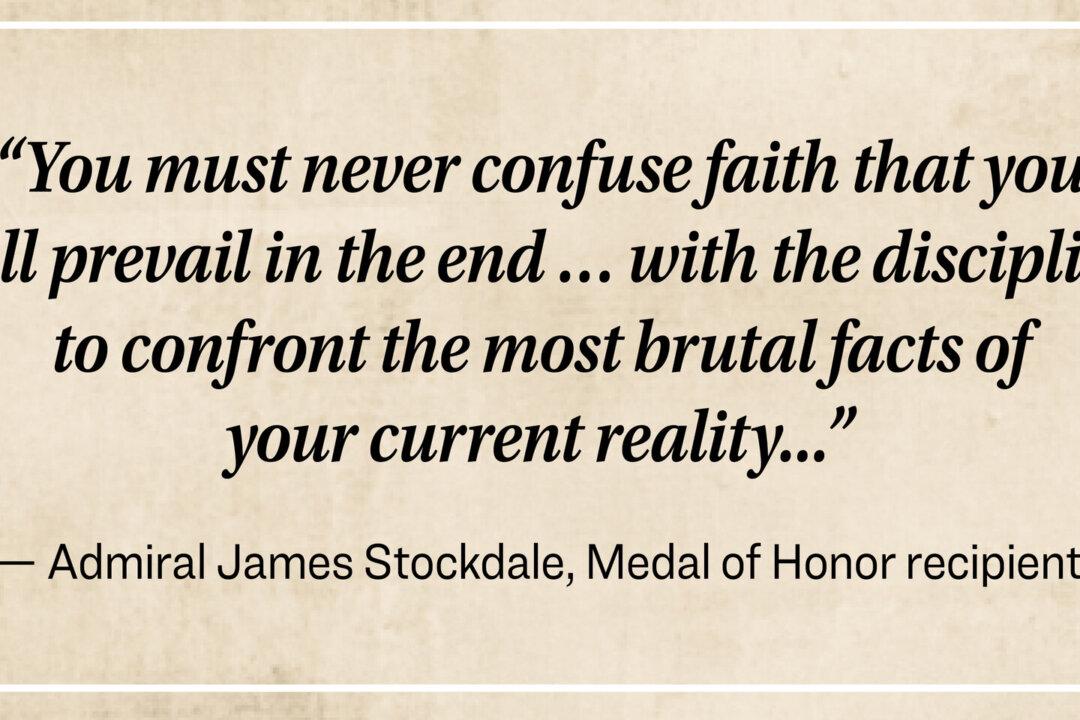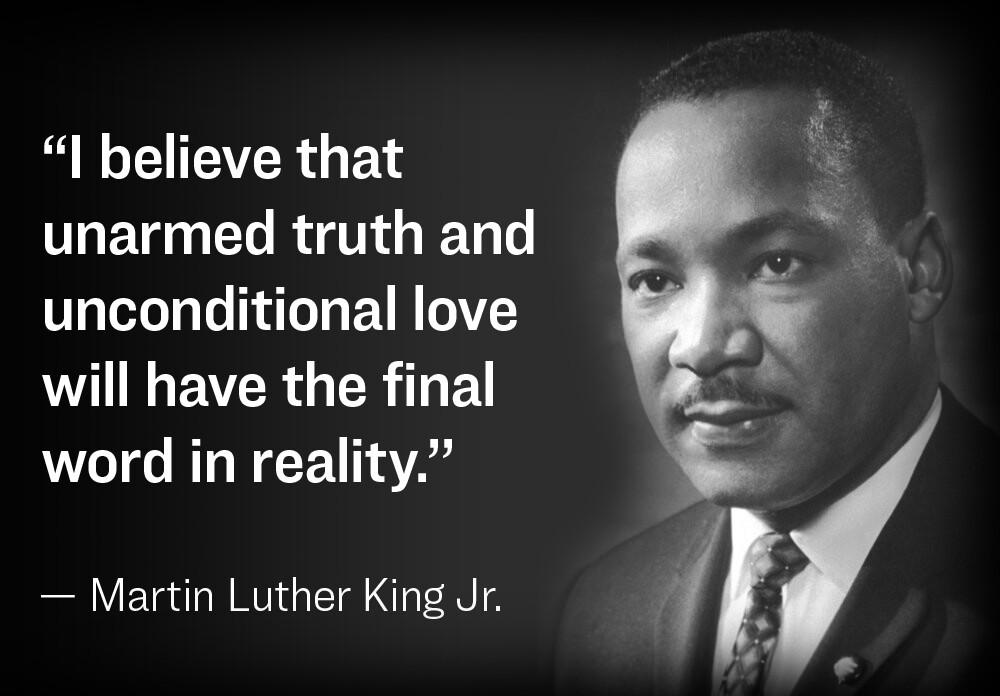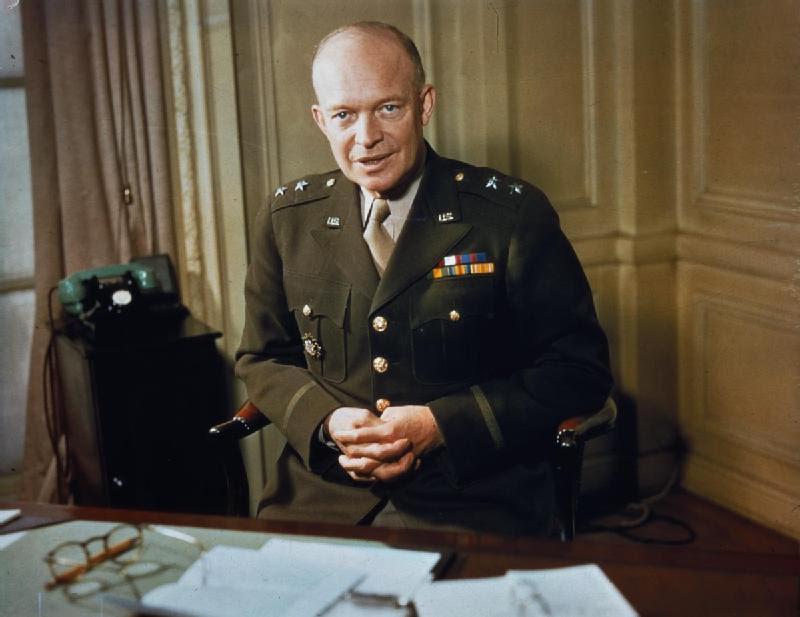September 9, 1965, was a life-changing day for James Stockdale. It was the day that his Douglas A-4 Skyhawk was shot out of the sky, forcing him to eject to save his own life. The North Vietnamese captured the American admiral that day. But little did they know then that they would take in a very, very troublesome prisoner.

|Updated:

